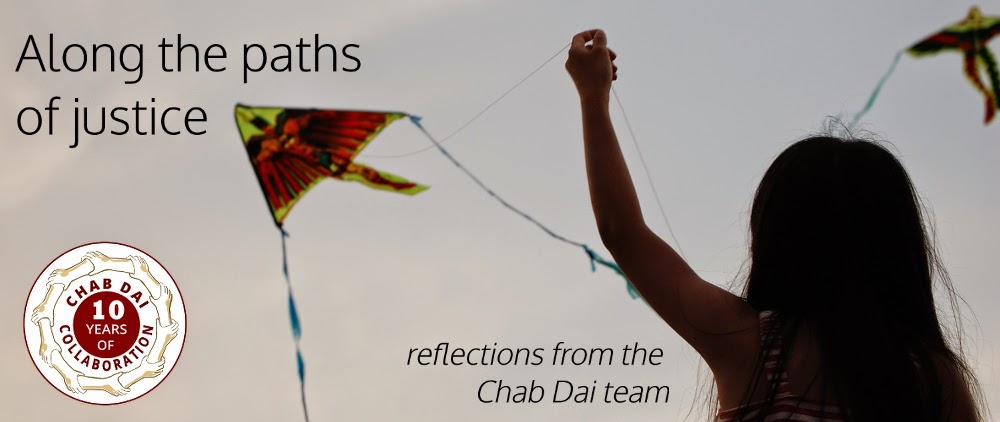Today, there are numerous sources to acquire your news, from newspapers,
magazines, and television to online media and social platforms. With the fierce competition between media outlets, there is a frenzy to provide up-to-date and exciting coverage to maintain and increase viewership. Media coverage is often the only way we receive information about different cultures, city problems, and global issues and have a large impact on how we are perceiving the world around us. Depending on what the media chooses to show us, it can often encourage extreme emotions that can influence us to love and immortalize a person and/or condemn others and create animosity.
Media events such as the kidnappings by Boko Haram, the rise and fall of
Somaly Mam, and the CNN Freedom Project, we see every sliver of information related to
these situations splashed everywhere in our media outlets. Of course, this
only happens for a few days/weeks, until something else grabs national
attention.
When a single event is in the spotlight, as was with the fall of
Somaly Mam, it can cause a backlash. No
one can argue Somaly Mam brought worldwide exposure to human trafficking.
However, her swift rise to the spotlight and the vicious portrayal of her downfall may have caused long-lasting damage to many anti-human trafficking organizations that do right by the individuals who are
trapped in this vicious industry. Many organizations around the world may now
have to go through additional levels of investigation before they are given
funds, which will delay their programs.
There will always be an abundance of news, but it is important
not to get caught up in this whirlwind of media coverage because the media influences how we see see each other and the world, sometimes negatively. Having our views shaped by the
media can change them in ways we may not have wanted. We may view organizations and individuals through new lenses that have vilified or glamorized another organization or individual. So
what can we do? Avoid the media? Of
course not. But tread lightly and never
just accept what lies before you. Consider it your duty to look deeper and
analyze how your thoughts and words are affected by the way the media presents the world around us. Ask yourself why you are being called to action. Why a certain photograph is being used. How will vilifying one person who is the face of anti- sex trafficking affect others. Ask yourself questions and look deeper to what is the real message that is being conveyed.
You may be surprised to find the answer.
You may be surprised to find the answer.
